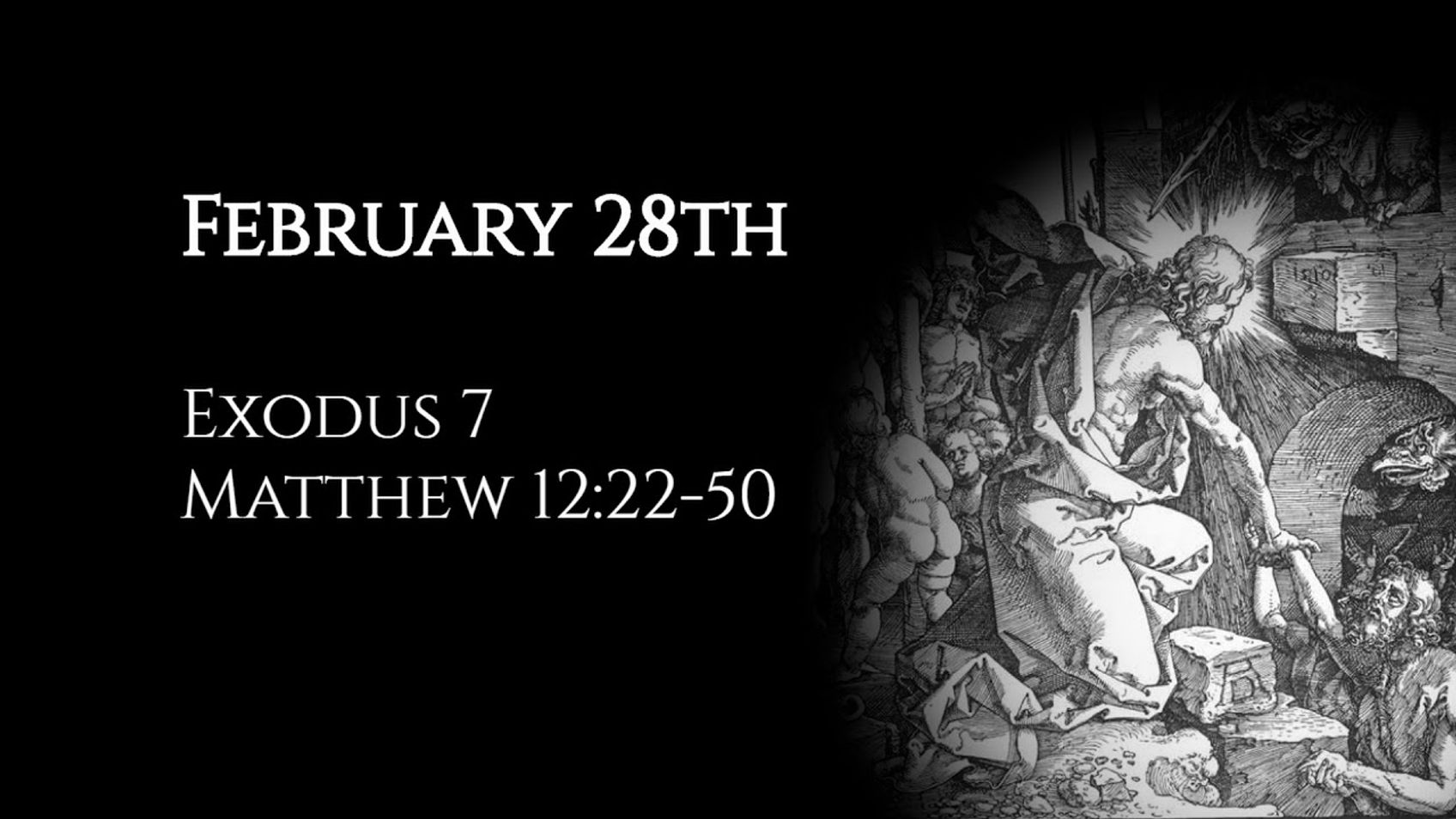February 28th: Exodus 7 & Matthew 12:22-50

The beginning of the Ten Plagues. Casting out Satan and Christ's true family.
Some passages referenced:
Exodus 15:12 (the earth ‘swallowing’ the Egyptians at the Red Sea); Psalm 74:14, Ezekiel 29:3-5 (the Egyptians and the sea monster); Ezekiel 32:2-6 (the blood of the sea monster filling the land).
Luke 11:20, Exodus 8:19 (the finger of God); Acts 7 (Stephen’s speech); Deuteronomy 32:5, 20 (an evil and adulterous generation); Luke 1:45 (blessed is she who believed).
Reflections upon the readings from the ACNA Book of Common Prayer (http://bcp2019.anglicanchurch.net/).
If you have enjoyed my output, please tell your friends. If you are interested in supporting my videos and podcasts and my research more generally, please consider supporting my work on Patreon (https://www.patreon.com/zugzwanged), using my PayPal account (https://bit.ly/2RLaUcB), or by buying books for my research on Amazon (https://www.amazon.co.uk/hz/wishlist/ls/36WVSWCK4X33O?ref_=wl_share).
The audio of all of my videos is available on my Soundcloud account: https://soundcloud.com/alastairadversaria. You can also listen to the audio of these episodes on iTunes: https://itunes.apple.com/gb/podcast/alastairs-adversaria/id1416351035?mt=2.
More From Alastair Roberts

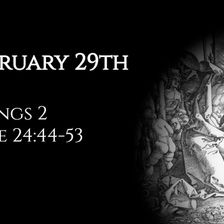
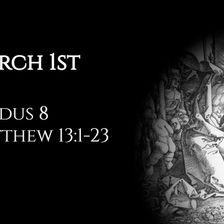

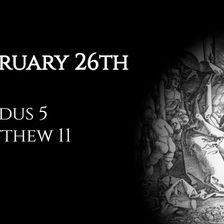
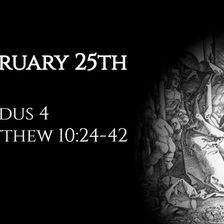
More on OpenTheo















